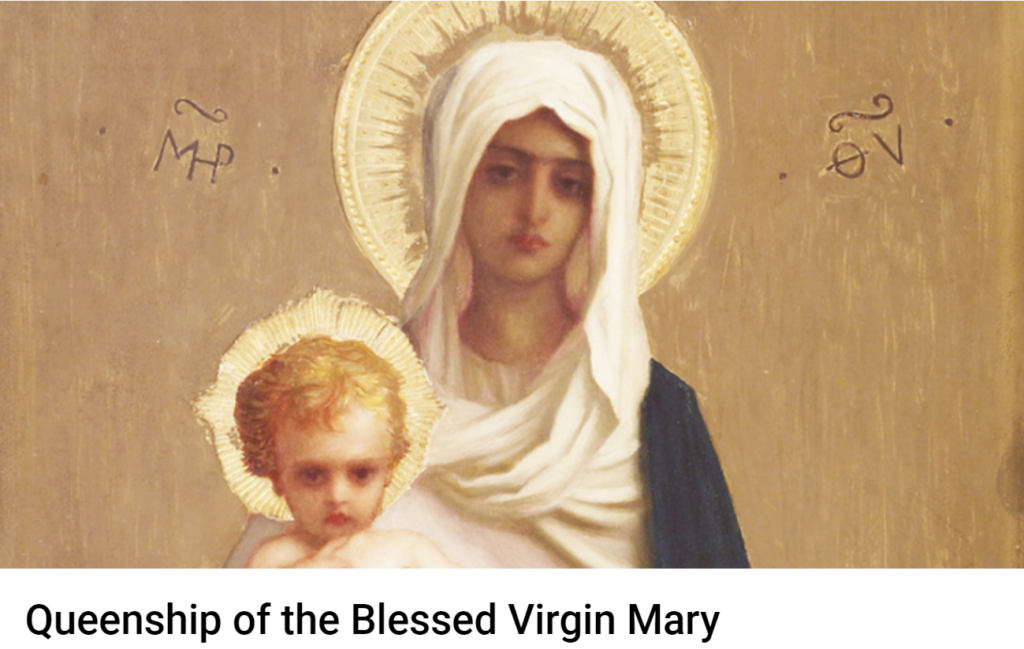
So often
we find ourself weighed low
beneath the details of life.
We wonder if we are
making the right decision about this
or if we are doing what is best
in handling that.
We think,
and we fret,
and we worry,
and we wonder . . .
and in doing so,
we often forget that
God is in the details.
He who designed water from a lake
to evaporate to the sky
only to return as rain to water the earth
is here working in the details of your life, too,
causing one action
to prepare the way for the next,
one step at a time,
all in His perfect timing and perfect way.
He who breathed the stars into being
and then orchestrated their orbit,
along with that of the sun and moon
and a million other celestial wonders,
is here orchestrating every single detail
of that which concerns you, too –
delicately considering all involved
and intertwining it all in heavenly fashion.
He who designed the metamorphosis
of a lowly caterpillar into a glorious butterfly
is here, too,
in the details of all
that is changing around you, –
gently,
miraculously,
amazingly,
creating something new,
that no doubt
will be unlike anything you’ve known before,
but beautiful in its own way.
Trust Him.
God is in the details.~![]()
~Stacy L. Sanchez / Heartprints of God









